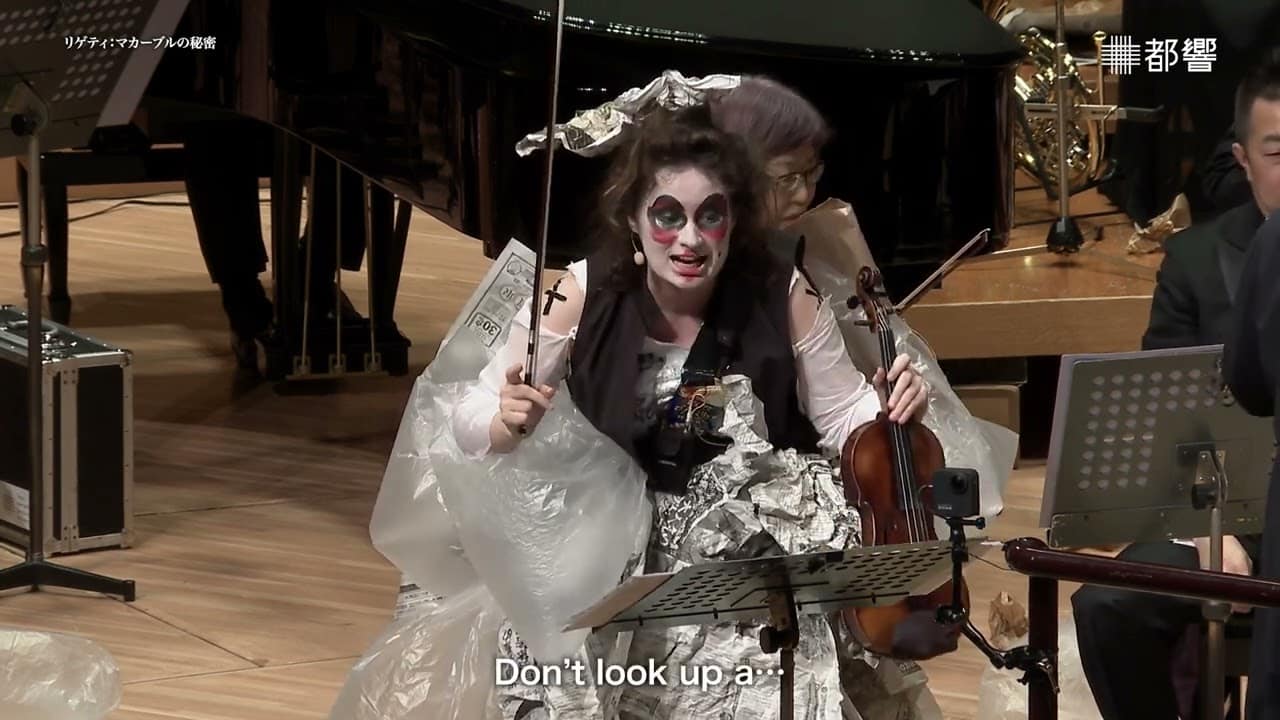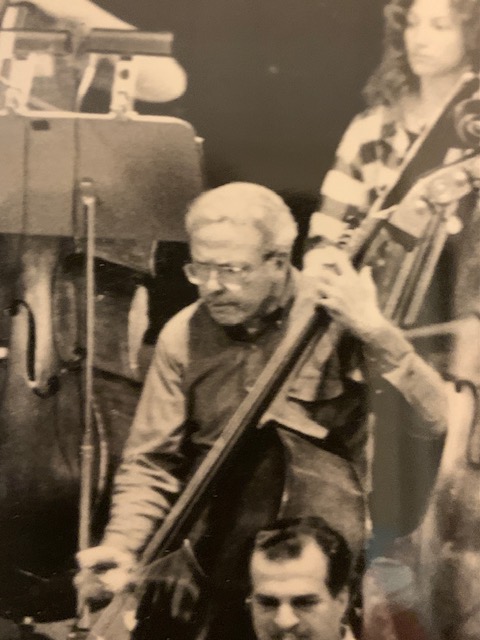Vienna Opera will show surtitles in six languages
mainMost opera houses make do with one or two languages.
But the Vienna State Opera, obliged to replace an ageing seatback system, is offering a choice of English, German, Italian, French, Russian and Japanese from tomorrow. No other house comes close.
Press release follows.

For several reasons, after 16 years it was necessary to replace the subtitle system commissioned in September 2001
(two languages, no information programme): increasing number of faults, decreasing brightness of displays, unavailability of spare parts, etc.
NEW SUBTITLE SYSTEM
– available immediately in six languages: English, German, Italian, French, Russian, Japanese
– shortly before the beginning of an opera performance, the system switches automatically from the information programme to the subtitles, or turns off for ballet performances
– choice of six subtitle languages or optional shutdown
INFORMATION SYSTEM
– available before opera and ballet performances and during the intervals (in English and German)
– brief synopses of the works performed
– cast of the performance
– general current information
– FAQs
– newsletter registration
– in the near future: ordering drinks and snacks for the intervals





Comments